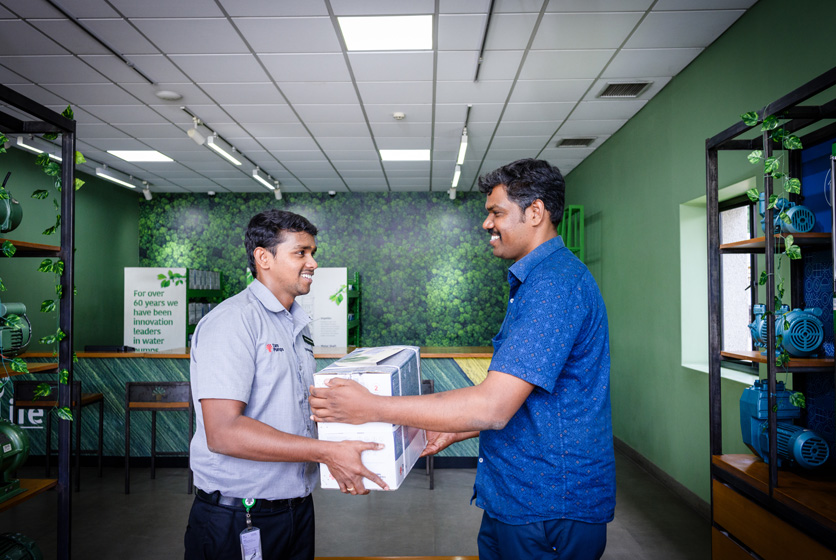Sustainable Agriculture
The word ‘sustainable’ has multiple definitions and can be placed in multiple contexts as well. Today’s world, filled with multiple challenges, has started talking about sustainability in a wonderful way. Simply put, sustainability is all about helping our home (Planet Earth) continue in its ability to support life.
When we start looking at sustainability from this macrocosm point of view, we can start appreciating every step and effort that goes into making daily life sustainable. Cities, industries, charitable organisations, governments - almost everybody is talking about a sustainable way of life. Stands to reason that the agriculture sector has joined forces with this movement too.
So, what is sustainable agriculture?
As one of the sectors that leaves a massive footprint on the environment, agriculture in India has to focus intensely on sustainability. And today, some of the players in this sector are putting sustainability within the framework by talking about:
- Water usage
- Nutritional and food security
- Ecosystem degradation
- Use of fertilisers and many other factors

Sustainable agriculture is the system of adopting practices that encompass the present and the future need for food and produce. This automatically means that a person interested in sustainable agriculture has to:
- Maintain economic viability
- Intensify eco-consciousness
- Invest in judicious resource usage
- Integrate into natural ecological cycles
- Reduce the use of environmentally harmful inputs
Methods for sustainable agriculture
There are many ways in which the goal of sustainability can be met. Some of popular ones are:
- Using natural waste (crops waste or animal manure) for fertilisers
- Crop rotation
- Using renewable energy
- Newer methods of growing: hydroponics, aquaponics
- Permaculture
- Reducing cropping intensity to give the soil much-deserved rest etc
Many of these methods are making it into everyday lexicon and therefore coming out of the realm of exclusivity. The next time you see a farmer talking about polyculture and agroforestry, you can rest assured that it is a sustainable frame of mind at work.

What’s happening in India?
It is heartening to note that there is quite a bit happening at many levels.
For instance, in Maharashtra, Telengana and Karnataka, Godrej is helping reduce water-usage and environmental impact with watershed development projects. This project is aiming at restoring 10 million kl of water per annum.
Farmers are also ‘going back to school’! Take the case of the Farmer Field School of Tamil Nadu Agricultural University (TNAU) - it helps & empowers farmers in diverse ways including handling pests, decision-making and plant management.
In places like Jharkhand, the Farmer Field School has made a powerful change in society by bringing in women farmers. Today, this initiative has a network of more than 3500 women farmers.
There is a strong case to be made for biofertilizers too. If Kerala is turning invasive water hyacinth into a biofertilizer then the government is providing financial aid to set up state-of-the-art biofertilizer units.
At the individual level, we can help with the movement towards sustainability in food and agriculture too. When you think about the fact that agriculture has made human society what it is today, it is easy to extrapolate this thought to the future. All it needs is a change in the way we think about food.



